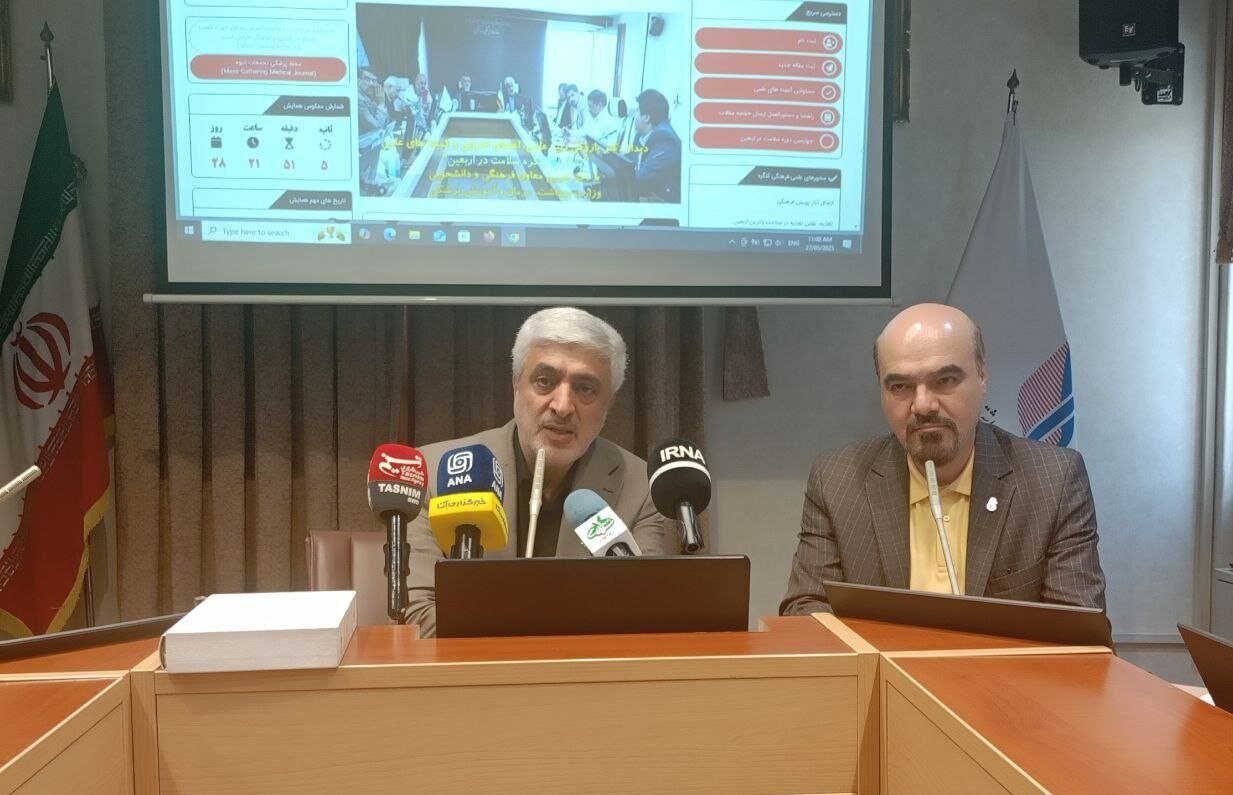
Similar Posts
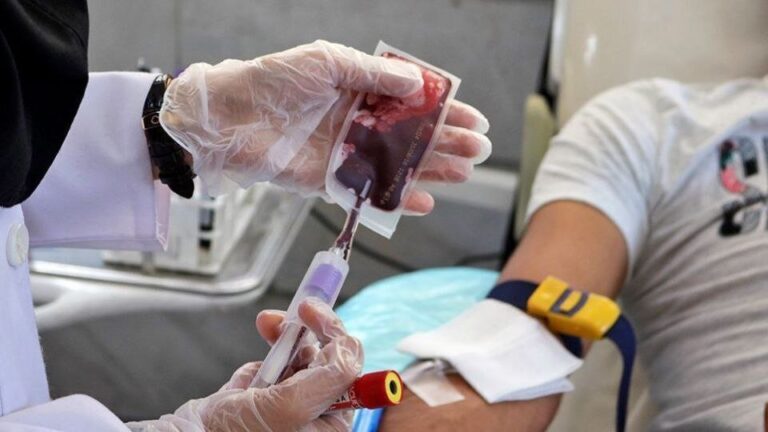
Blood Donations Surge 2% in Just 9 Months: A Lifesaving Trend!
Blood donation in Iran has increased by over 2% in the first nine months of the current calendar year, with 1,793,126 units donated. Key provinces showing significant growth include Kohgiluyeh-Boyerahmad (over 25%), Sistan–Baluchestan (15%), and Alborz (9%). The overall donation growth rate rose to 56%, with Semnan, Yazd, and Golestan leading. Women’s contributions reached 4.5%, with the highest participation from North Khorasan and Lorestan. Tehran accounted for over 16% of total donations. The previous year saw 2,327,997 donors, a 4.7% increase, emphasizing the importance of community involvement in health initiatives and continued promotion of blood donation.
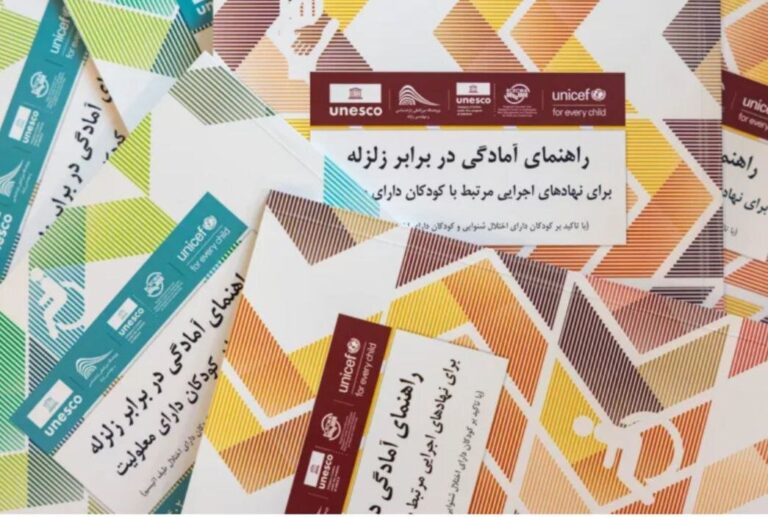
UNICEF Boosts Emergency Readiness for Children with Disabilities: A Lifeline in Crisis
UNICEF has launched the ‘Earthquake Preparedness Education for Children with Disabilities’ initiative in Iran, creating specialized resources for parents, teachers, and policymakers to help children with disabilities prepare for earthquakes. On January 19, three books focusing on disaster management were released, addressing the needs of children with hearing impairments, mobility impairments, and autism. Stakeholder consultations helped refine these materials, which will be integrated into annual safety drills in schools. Additionally, a recent workshop by the Iranian Red Crescent Society trained professionals on disability inclusion, aiming to enhance services for individuals with disabilities and promote their participation in society.
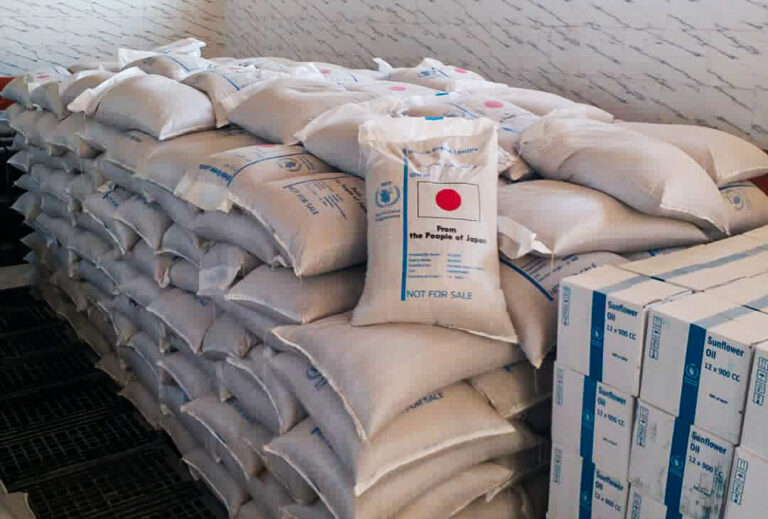
Japan Boosts Refugee Support in Iran with New Aid for WFP
Japan has donated $360,000 to the UN World Food Program (WFP) to support refugees in Iran, enabling the procurement of essential wheat flour for vulnerable populations. This contribution will help ensure refugees have access to nutritious food and promote food security. Maysaa Alghribawy, WFP’s representative in Iran, expressed gratitude for Japan’s support, highlighting its long-standing commitment to Afghan refugees. With around 3.8 million refugees hosted, Iran has provided them access to healthcare and education. Japan aims to enhance collaboration on refugee services, addressing nutritional needs and infrastructure challenges for displaced communities in Iran.
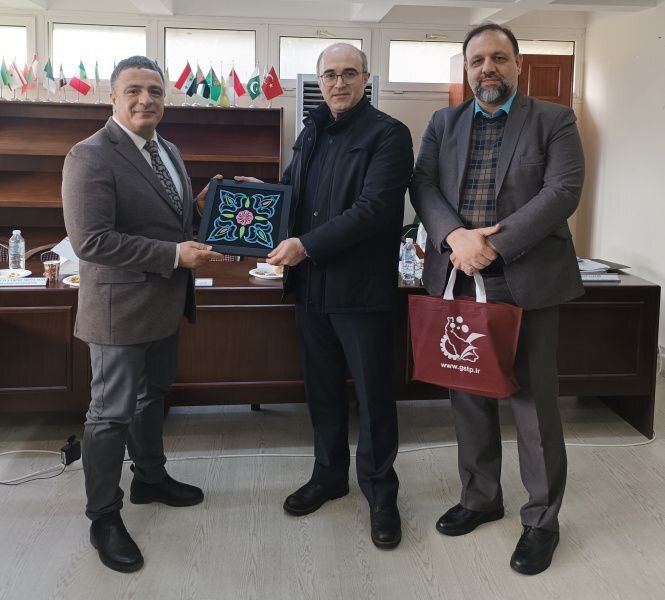
Strengthening Innovation: Gilan and Izmir Sci-Tech Parks Unite for Enhanced Collaboration
The Gilan Science and Technology Park and Izmir Technology Park have begun discussions to enhance collaboration, focusing on health and intellectual property sectors. This partnership aims to foster innovation through joint investment in scientific projects. During a meeting in February 2023, officials emphasized strengthening ties between start-ups. Key initiatives include organizing a joint event on the blue economy and implementing educational programs to boost skills. Additionally, Mazandaran Science and Technology Park and Istanbul’s Biruni Teknopark are exploring technology interactions, agreeing to sign an MOU for technology transfer offices and support for start-ups. These efforts aim to attract investments and promote growth for Iranian and Turkish firms.
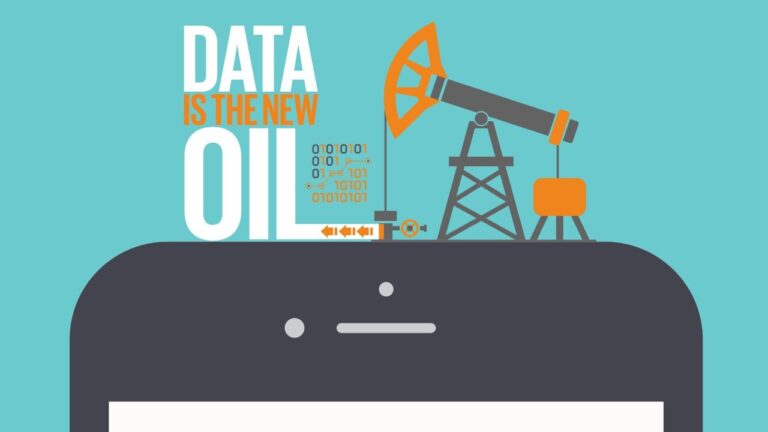
Unlocking the Power of Data: Why It’s the New Oil of the Digital Age
Data is often compared to oil, highlighting its significant value and influence in modern society. Like crude oil, which requires refinement to become useful, raw data holds little value until organized and analyzed. This processed data drives innovation across various sectors, including healthcare, finance, education, entertainment, and urban planning, by enhancing decision-making and personalizing experiences. However, the increasing reliance on data raises concerns about privacy, ownership, and access disparities. Despite these challenges, data’s renewable nature offers transformative potential, emphasizing the need for responsible usage that balances innovation with ethical considerations to benefit society as a whole.
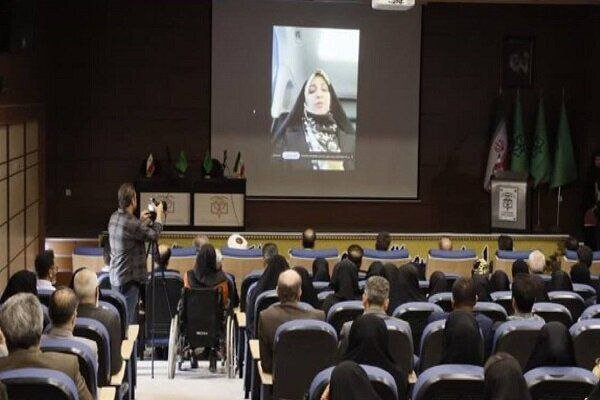
Unlocking Potential: How Empowering Rural Communities Drives Economic and Cultural Growth
In a recent statement, Zahra Behrouz-Azar, Iran’s Vice President for Women and Family Affairs, highlighted the importance of empowering rural communities for the nation’s economic and cultural advancement. During a video conference, she distinguished between rural areas, focused on agriculture and essential infrastructure, and local communities, which encompass broader social interactions and cultural preservation. With only 30% of Iran’s population in rural areas, she warned that depopulation threatens cultural heritage. Behrouz-Azar urged universities to support rural development, emphasizing women’s roles in enhancing productivity. The Iranian Parliament has allocated 31 trillion rials for rural initiatives, underscoring the vital contributions of rural economies to national development.